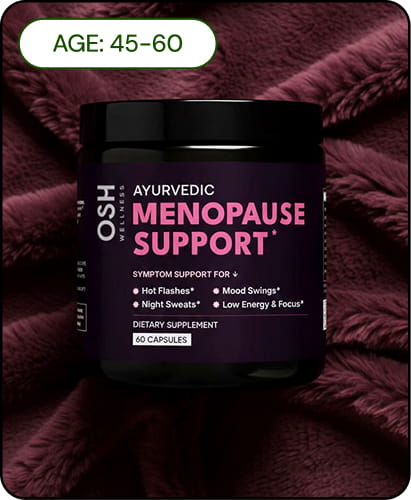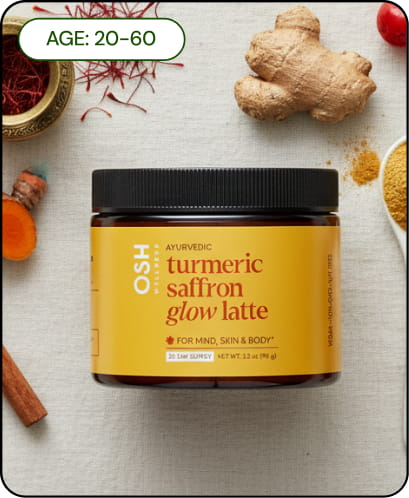Table of contents
You are likely familiar with the term IVF or in vitro fertilization. It is one of the most common fertility procedures in modern times. However, options for couples continue to advance, and reciprocal IVF allows both partners to participate in conception even if they are both of the same gender.
What is reciprocal IVF, and how does it work for LGBTQ couples? Read on to find out!
What is reciprocal IVF?
Reciprocal IVF is sometimes referred to as partner-assisted reproduction. You may have heard a handful of other names, such as co-IVF, partner IVF, shared motherhood, or ROPA (reception of oocytes from partner). It is used for lesbian couples or trans men partners. During the process, one person will act as the egg donor for the other.
What is the procedure for reciprocal IVF?
To understand reciprocal IVF, you must first know how standard IVF works. Traditionally, an individual's ovaries will be stimulated with synthetic hormones to encourage them to mature multiple eggs. The eggs will be harvested using egg retrieval. Then, the eggs will be combined with sperm in a lab in order to fertilize them. If everything goes correctly, an embryo will form from the fertilized egg. Embryos are given three to five days to develop before being transferred back to the uterus of the individual who will carry the baby. If the embryo successfully implants, pregnancy will occur.
Reciprocal IVF is quite similar. One person in the relationship will go through egg stimulation and retrieval. Their eggs will be fertilized using donor sperm in a lab and then allowed to develop. When the embryos are ready to be transferred, they are placed into the uterus of the other person in the relationship.
In medical terms, it would be the same as a woman using an egg donor or a gestational carrier. However, for same-sex partners, it is much more than that. It allows both individuals to participate emotionally and biologically in a pregnancy. Alternatively, if a sperm donor was used for IUI or IVF of one person, the other person would not get to share in the experience as much.
What is the biological relationship between both partners and the baby?
Two different biological relationships occur during reciprocal IVF, one linked to each partner.
First, the partner donating the egg is genetically linked to the baby. Secondly, the other partner is biologically connected through pregnancy, birth, and breastfeeding (if they so choose). Each important experience ties the child to their parents. Some studies indicate that pregnancy may result in a stronger biological link than previously thought. A 2015 study noted how specific uterine environments influenced the expression of particular genes. Termed "endometrial milk," these microRNAs secreted by the uterus lining influence gene regulation and are thought to play a role in the child's long-term health.
Which partner is the donor, and which is the carrier?
Which partner is the donor and which will carry the pregnancy during reciprocal IVF is a very personal decision. Both individuals should consider their emotional, physical, and psychological health, desires, and needs. For example, a trans man may choose not to carry the pregnancy because it doesn't align with their gender. Or, he may have to forgo treatment, like testosterone. Physically, one partner may be younger than the other, which usually means they have a more robust ovarian reserve for egg retrieval. Or, it might be determined that one individual has a stronger, healthier uterus that is more conducive to carrying a pregnancy.
The reasons are varied and unique to each couple. It's often a good idea to have a conversation with your partner, then consult your doctor to seek their guidance.

What is the rate of success for reciprocal IVF?
Reciprocal IVF is less than twenty years old, making it a relatively new procedure. Therefore, there aren't many studies that illustrate the technique's success rate. Early research, though, is promising. One study found that 60% of couples who were 32 (average donor age) achieved pregnancy through co-IVF. It's important to note, too, that traditional IVF success rates may be lower than reciprocal IVF rates. The discrepancy is due to the fact that partners using reciprocal IVF often are infertile. Instead, they use IVF for reasons important to their relationship rather than biological factors.
Therefore, egg donation success rates may paint a more accurate picture. Nationwide egg donation and IVF statistics indicate that embryos from egg donation result in a live birth in more than 50% of cases consistently. However, it's critical to consider the egg donor's age as this factor most strongly influences success. This would be the partner going through the egg retrieval process for reciprocal IVF. The better your ovarian reserve, or the younger your eggs, the higher your chance of a successful and healthy pregnancy.
Is reciprocal IVF right for me?
Now that you know the reciprocal IVF meaning and how the procedure works, you may wonder if the technique is right for your relationship. That is a very personal decision that you shouldn't consider lightly. Along with your personal goals and emotions, other factors must be considered, such as reciprocal IVF cost. Before you start the journey to a baby, take some time to sit down with your partner and discuss all of the factors.
Additionally, if you do want to move forward with reciprocal IVF, fertility supplements before the procedure may help optimize your womb and fertility. Of course, checking with your doctor before beginning any supplements helps. With a physician's approval, consider natural, plant-based supplements like Fertility Support for Her that encourage hormonal balance, a nourished womb, and optimal egg health.
Natural Fertility Support for Her
This supplement contains a blend of Ayurvedic herbs, including CoQ10, Shatavari, and Ashwagandha that help regulate hormonal cycles and boost fertility. Also included is an essential vitamin blend that boosts your nutrient reserves, preparing you for a healthy pregnancy.








